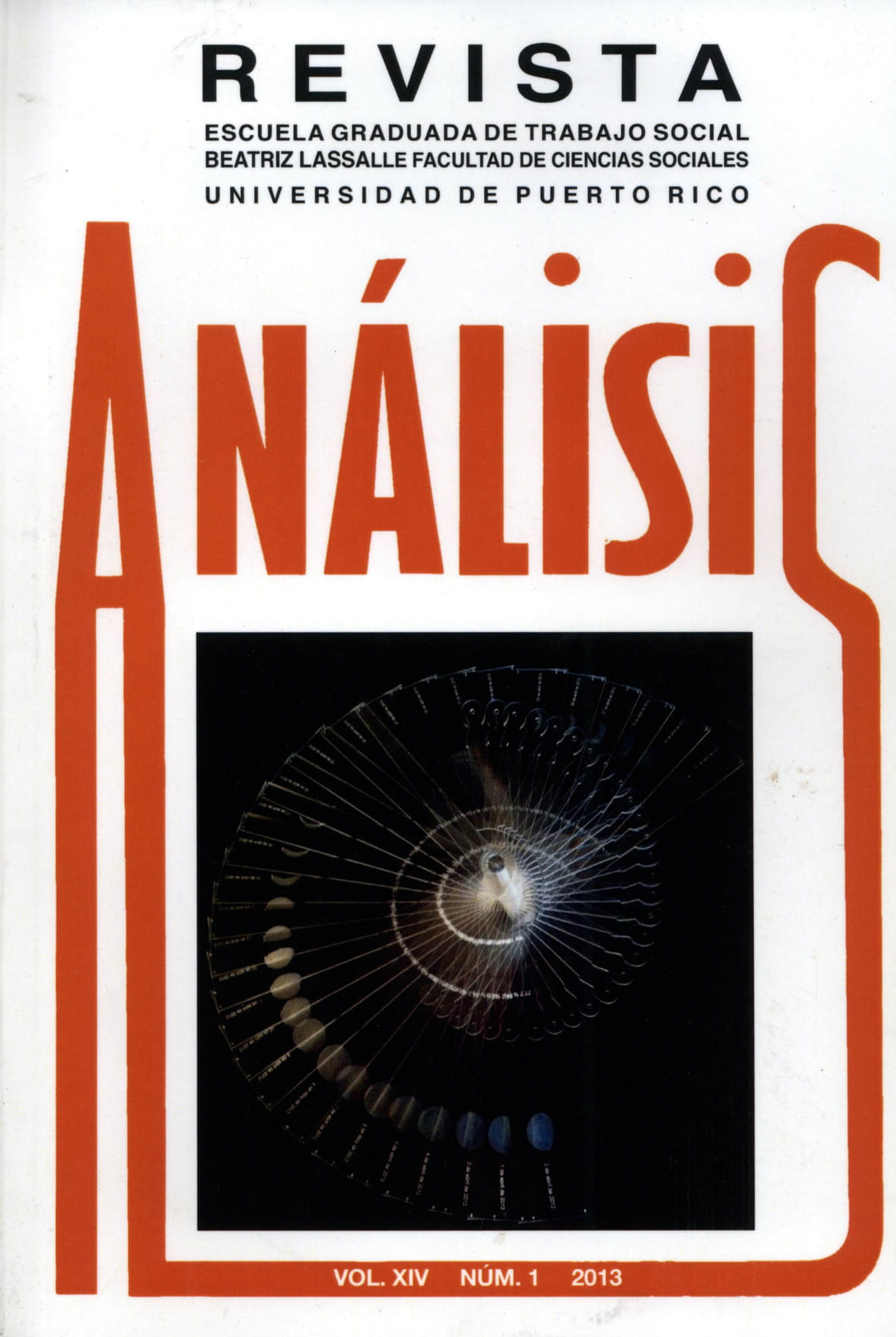Abstract
The therapeutic relationship with domestic violence survivors invites us to reflect and to question traditional paradigms used in therapy. Some therapeutic approaches, such as Freudian psychoanalysis, promote the importance of objectivity and neutrality. This and other therapeutic approaches propose that clients should get to their own conclusions with out the intromission of the subjective perception of the Therapist. The relational cultural theory, far from supporting neutrality, emphasizes the importance of subjectivity, interdependence, relationships with others and the therapeutic relationship as central agents in the healing process. This articie has the objective to discuss the relational cultural theory and how its therapeutic approach could be useful in working with domestic violence survivors.Downloads
Download data is not yet available.

